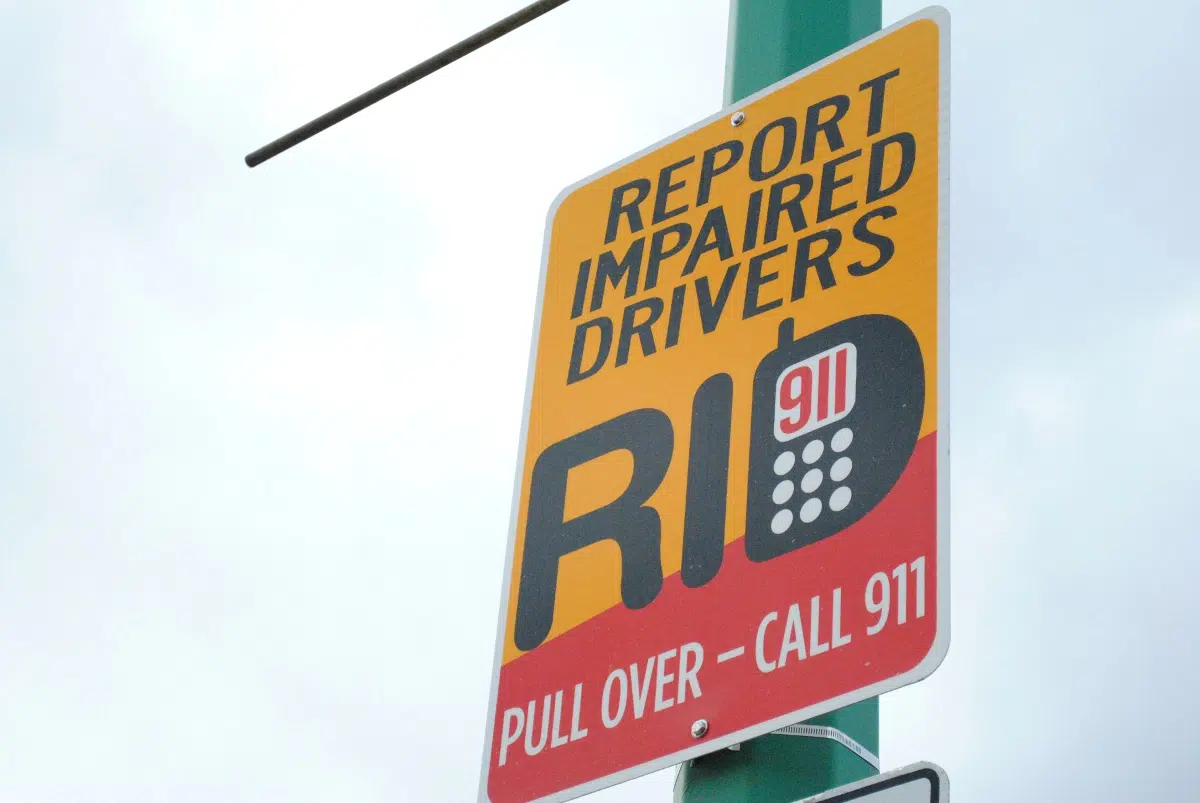
Alcohol and gas don’t mix
With another death in Prince Albert that could be linked to impaired driving, those who get behind the wheel after a few are on the forefront of everyone’s mind.
Despite many education and enforcement programs in the city, impaired driving continues to be a problem – there were 108 impaired driving convictions in 2010, and there have already been 20 in the first three months of 2011.
Sgt. Kelly McLean, with the Prince Albert Police Service, said any kind of impaired driving is intolerable.
“One impaired driving death is unacceptable – any impaired driving offences are unacceptable. This is a preventable crime and it’s something that is a choice, that people make when they get behind the wheel of a vehicle, whether they’re impaired by alcohol or a drug,” said McLean.

